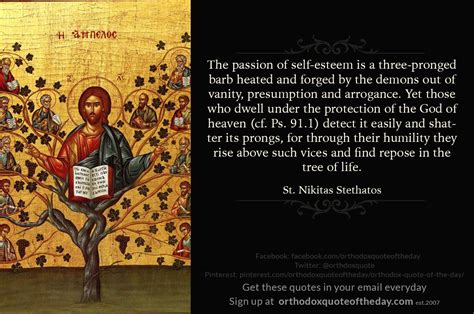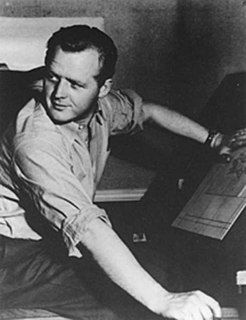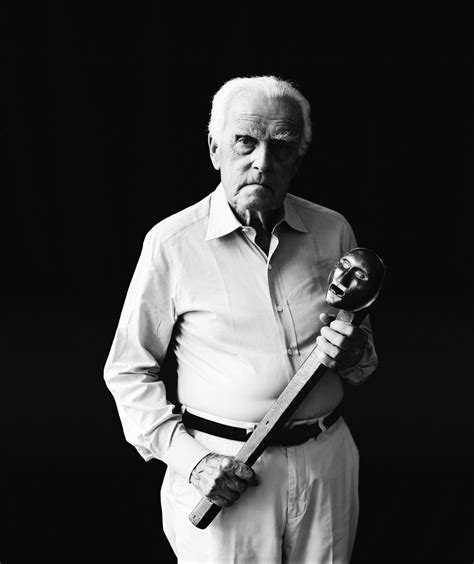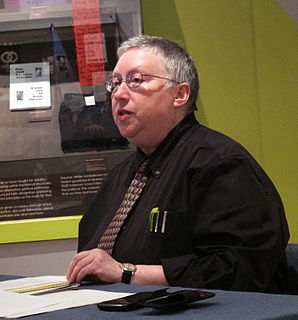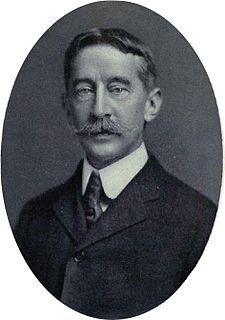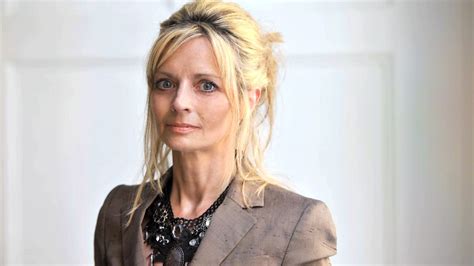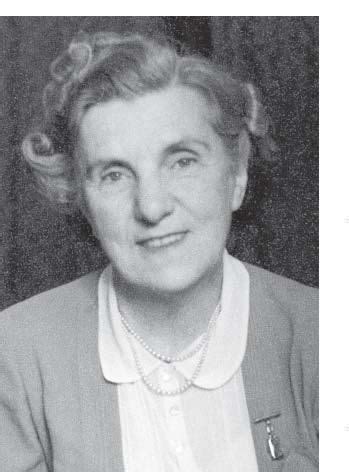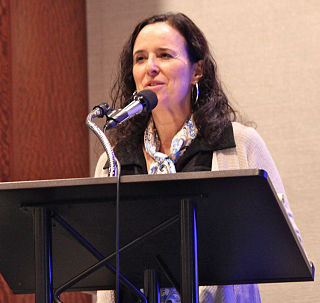A Quote by Ernest Becker
the best existential analysis of the human condition leads directly into the problems of God and faith
Related Quotes
Because the Christian God is not a lonely God, but rather a communion of three persons, faith leads human beings into the divine communion. One cannot, however, have a self-enclosed communion with the Triune God- a "foursome," as it were-- for the Christian God is not a private deity. Communion with this God is at once also communion with those others who have entrusted themselves in faith to the same God. Hence one and the same act of faith places a person into a new relationship both with God and with all others who stand in communion with God.
In all the wide gamut of human experience, nothing plays so important a part as faith.... Faith that is as broad as the heavens and as wide as the earth. Faith that comprehends in its vast sympathies everything human as well as divine, and carries one with the swift sure wings of the angels directly to his goal.
As history confirms, people will change their minds about almost anything, from which god they worship to how they style their hair. But when it comes to existential judgments, human beings in general have an unfalteringly good opinion of themselves and their condition in this world and are steadfastly confident they are not a collection of self-conscious nothings.
What brings us to perfection? An ingrained faith in God, the 'faith that makes real the things for which we hope' (Heb. 11:1), the faith whereby Abel offered to God a better sacrifice than Cain and was commended as righteous (cf. Heb 11:4). It is such faith that fills those assiduous in the search for truth with great aspiration for the exalted gifts of God, and leads them to the spiritual knowledge of created beings; and it pours into their hearts the inexhaustible treasures of the Spirit.
Research is an expression of faith in the possibility of progress. The drive that leads scholars to study a topic has to include the belief that new things can be discovered, that newer can be better, and that greater depth of understanding is achievable. Research, especially academic research, is a form of optimism about the human condition.
Buddhist epistemologists do argue that rational analysis leads to the conclusion that rational analysis cannot give us infallible access to truth, including that one. That's not self-defeating, though; it only induces an important kind of epistemic humility and a clearer view of what we do when we reason. We engage in one more fallible human activity among many.
The best definition I can find of faith is the dependence upon the veracity of another. The Bible definition in the 11th chapter of Hebrews is, 'Faith is the substance of things hoped for, the evidence of things not seen.' In other words, faith says amen to everything that God says. Faith takes God without any ifs, If God says it, Faith says I believe it; Faith says amen to it.
The real debate about both the horrific inequality in the world and about the terrorism and frightening instability in the world requires analysis of the differences in upset-adaption or alienation-from-soul between individuals, races, genders, generations, countries, civilisations and cultures, but until the human condition could be explained and the upset state of the human condition compassionately understood and thus defended that debate could not take place.







